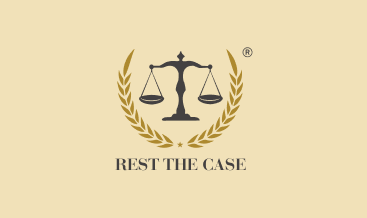Know The Law
Understanding Corporations: Definition, Formation, and Key Features

A corporation is a separate legal entity, distinct from its owners, and is often referred to as a "legal person." As a legal entity, a corporation has the rights and responsibilities typically held by individuals, such as borrowing money, entering into contracts, owning assets, hiring employees, paying taxes, and even the ability to sue or be sued. Corporations act as a single entity under the law, holding rights and liabilities separate from the individuals who make up the corporation. Corporations come in various forms and are commonly used to conduct business activities. One of the most recognized types is the registered company, governed by statute or common law.
Points to Remember
- A corporation is a legal entity separate from its owners, possessing the rights and responsibilities typically held by individuals.
- Limited Liability: Shareholders participate in profits through stock appreciation and dividends but are protected from personal liability for corporate debts.
- Corporations are not always for profit.
- Corporations are not personally liable for company debts.
Understanding Corporations
Corporations are used across all types of businesses, and their legal status may vary by jurisdiction. One of the most critical aspects is limited liability, allowing shareholders to share in profits through stock or dividends without personal liability for the corporation's debts. Examples include The Coca-Cola Company, Microsoft Corporation, and Toyota Motor Corporation. Some corporations operate under business names; for instance, Alphabet Inc. operates as Google.
The Creation of a Corporation
A corporation is formed when shareholders incorporate a business, typically by holding common stock, to pursue their goals. While most corporations aim to return profits to shareholders, some may be non-profit, such as charities. Shareholders' primary responsibility is the payment for their shares, contributing to the company's treasury.
Becoming a Corporation
The process of forming a corporation varies by state. Generally, it involves filing articles of incorporation with the state and issuing stock to shareholders, who then elect the board of directors to oversee the corporation's operations.





